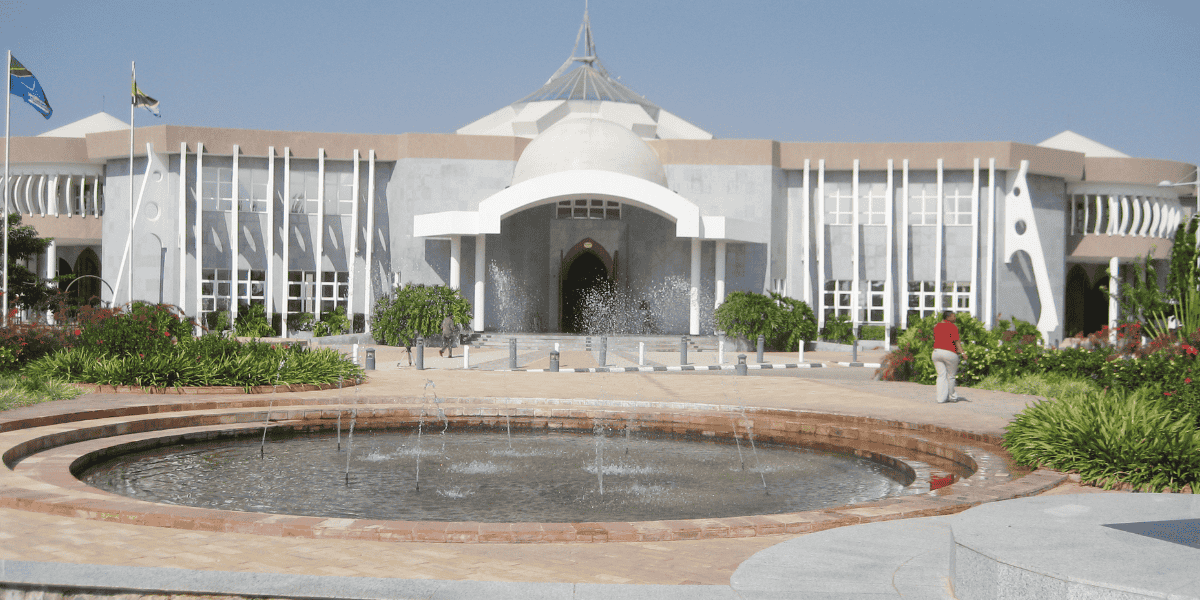On 12 December 2017 the International Monetary Fund (IMF) issued a report following discussions with Tanzania under Article IV of its articles of agreement.
A Policy Support Instrument (PSI) program was approved in 2014 and the IMF report notes that Tanzania’s macroeconomic performance under the program has been satisfactory. GDP continued strong growth, increasing at an annual rate of 6.8% in the first half of 2017, but economic indicators suggest that the economy may currently be slowing down. Lower than anticipated government spending, lower tax revenue collections and weak private sector credit growth indicate that there are downward pressures on growth.
Tax revenue collections in the 2016/17 budget year were slightly below the program target despite the lower than expected value added tax (VAT) refunds which experienced delays owing to the comprehensive audit of VAT refund claims.
Tanzania faces challenges in meeting its medium term development objectives. The population is expected to double in the next twenty years and priority must be given to private sector job creation. Improvements must therefore be made to the business environment including policy predictability through dialogue with the private sector; regulatory reforms; prompt payment of VAT and other tax refunds and elimination of domestic arrears.













